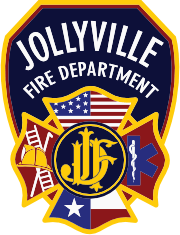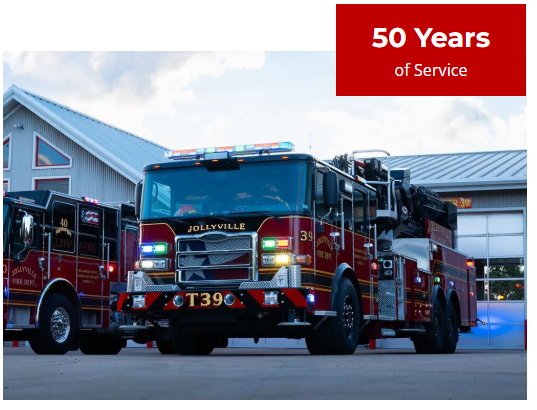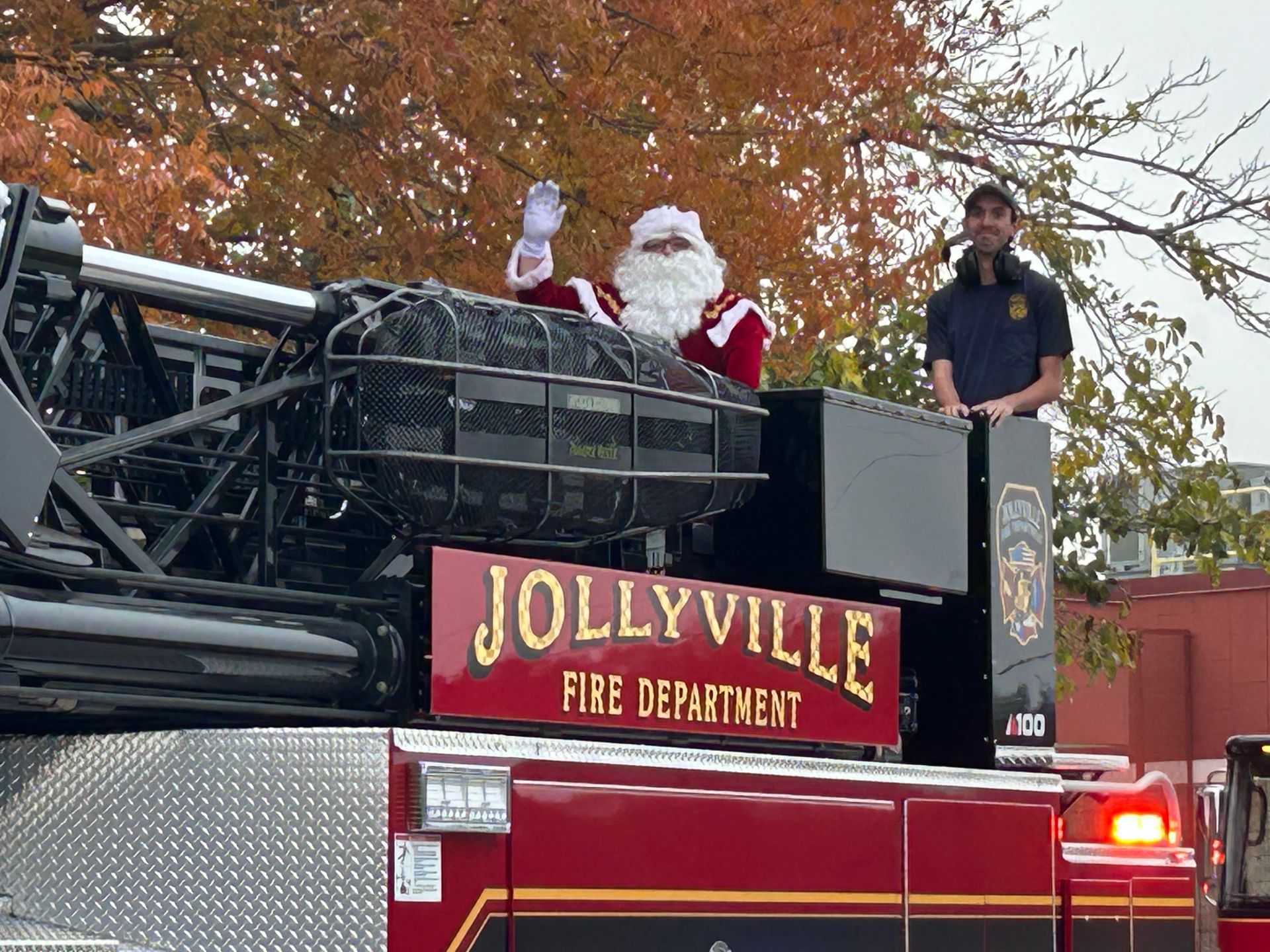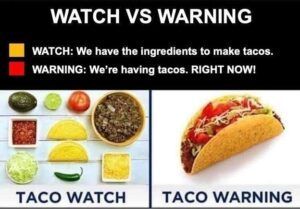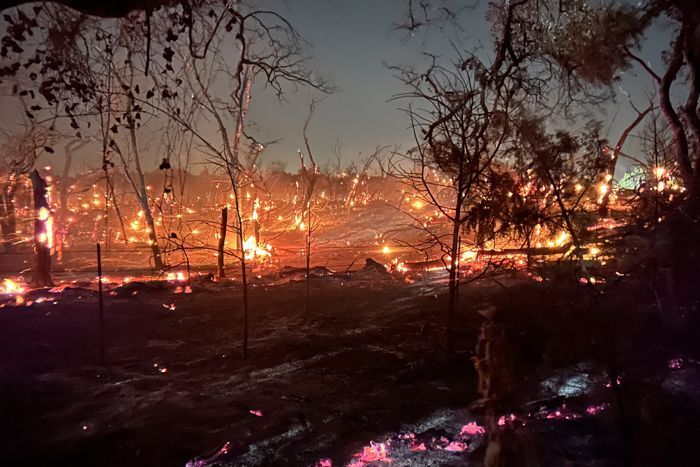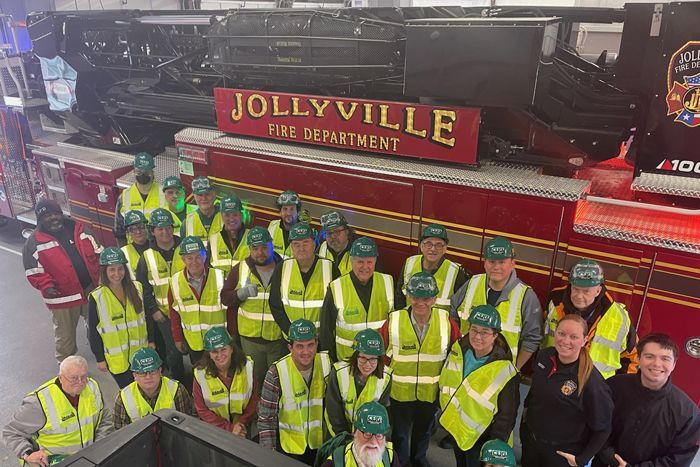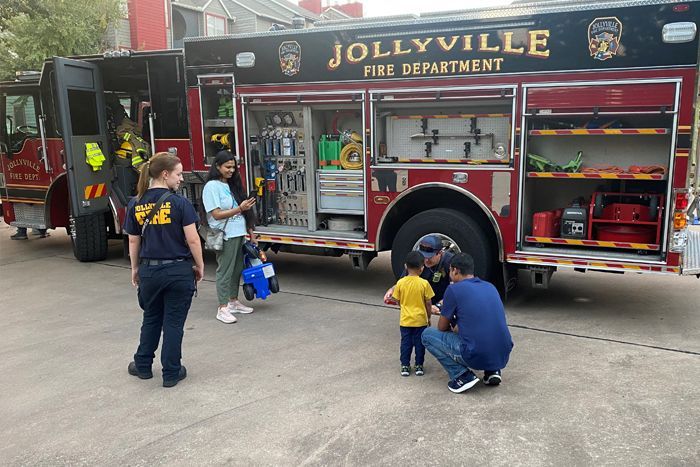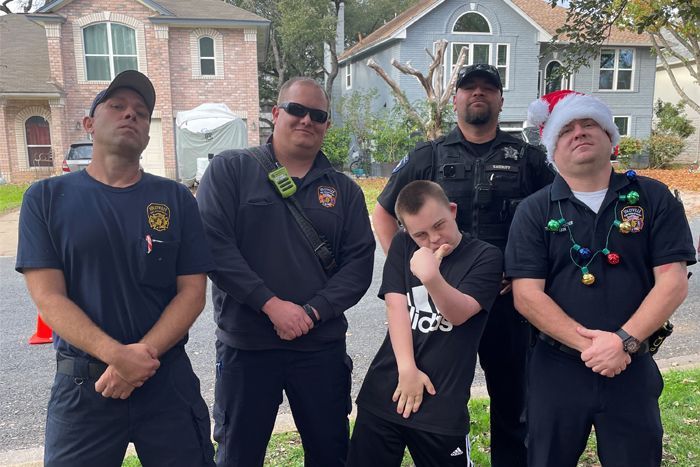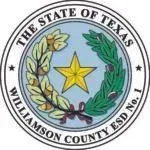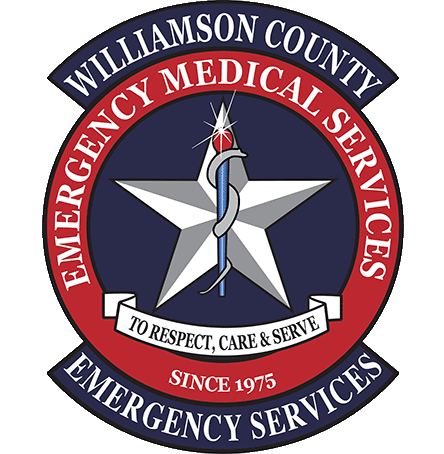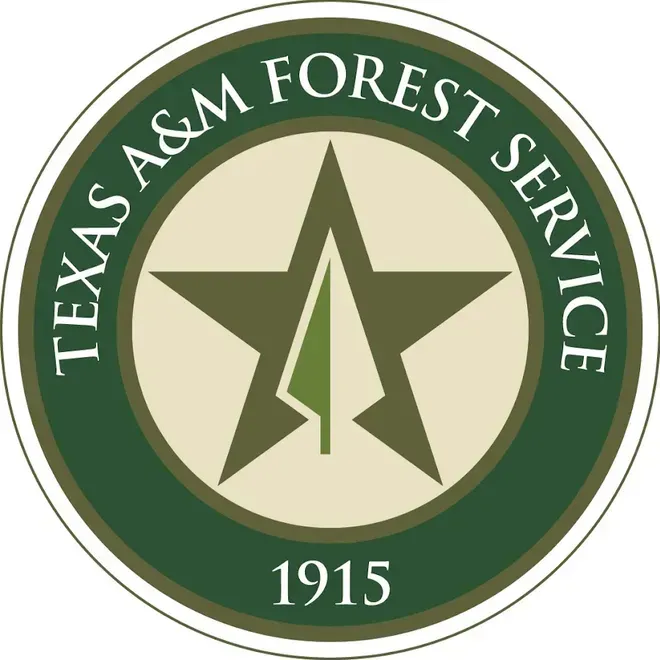The Jollyville Fire Department provides fire protection and emergency medical services for approximately 18,500 people in an 11 square mile response district. The department operates out of one station that protects a combination of suburban residential, commercial and wildland areas. The department operates seven fire apparatus and responds to an average of 3-4 calls per day, maintaining, on average, a three-minute response time. Our combination department has grown to 20 paid firefighters and up to 10 volunteers, staffing two apparatus, 24 hours a day. Volunteer members assist the department during major regional events, such as ice/snow storms, wildland fires, or major medical and fire incidents.
Community Information
Stay connected and stay safe with the Jollyville Fire Department’s Community Information pages. Whether it’s wildfire prevention, emergency preparedness, or seasonal safety reminders, our goal is to support a safer, stronger community.
The Williamson County Emergency Services District No. 1 Board of Commissioners wishes to inform residents that Brad Landi has resigned from the position of Fire Chief of the Jollyville Fire Department effective February 23, 2026. We wish him the best in all future endeavors. Emergency and Fire services will continue without interruption, and interim leadership arrangements are already in place to ensure public safety remains the top priority of the Emergency Service District and the Jollyville Fire Department.
News and Updates →
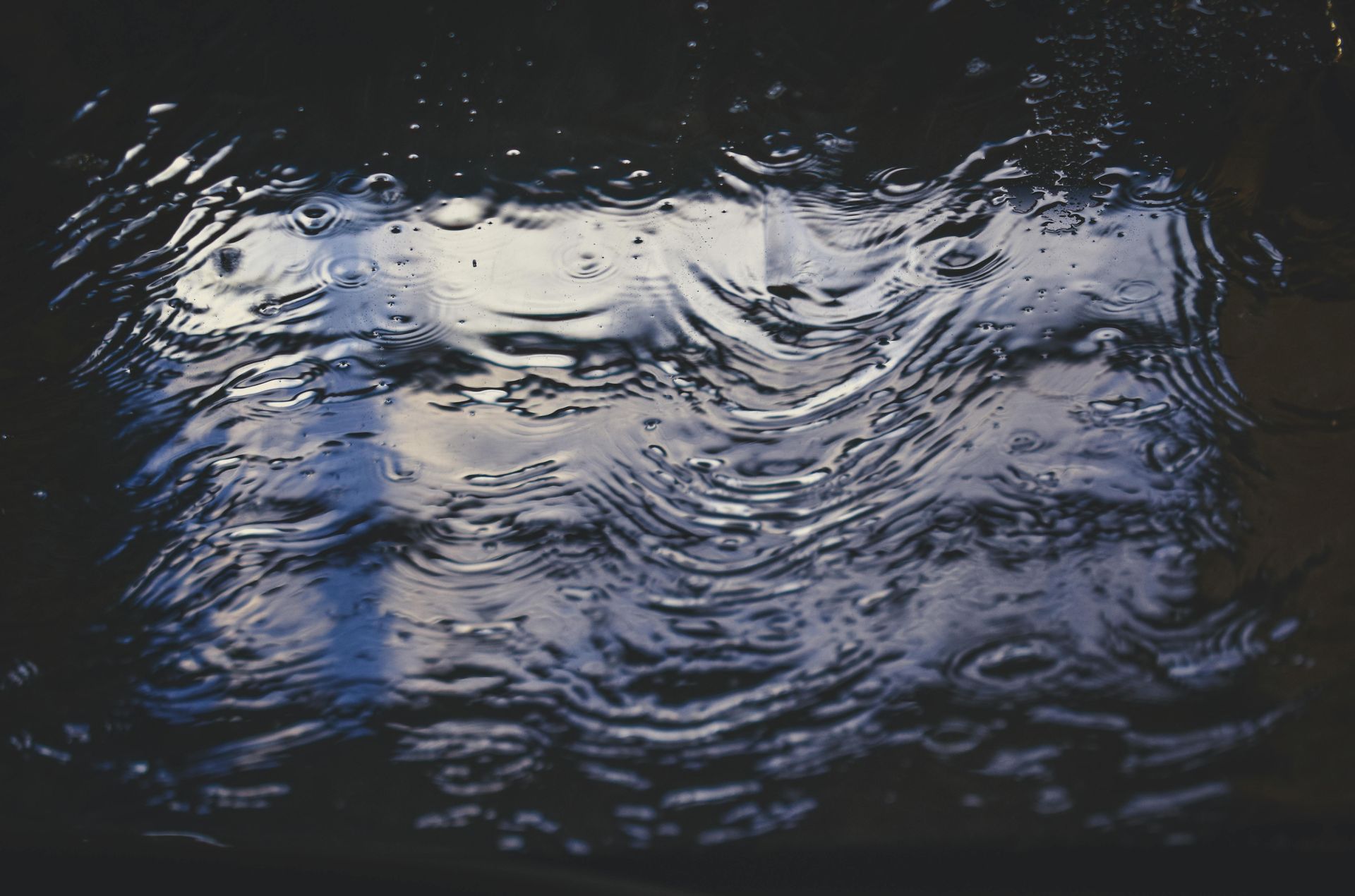

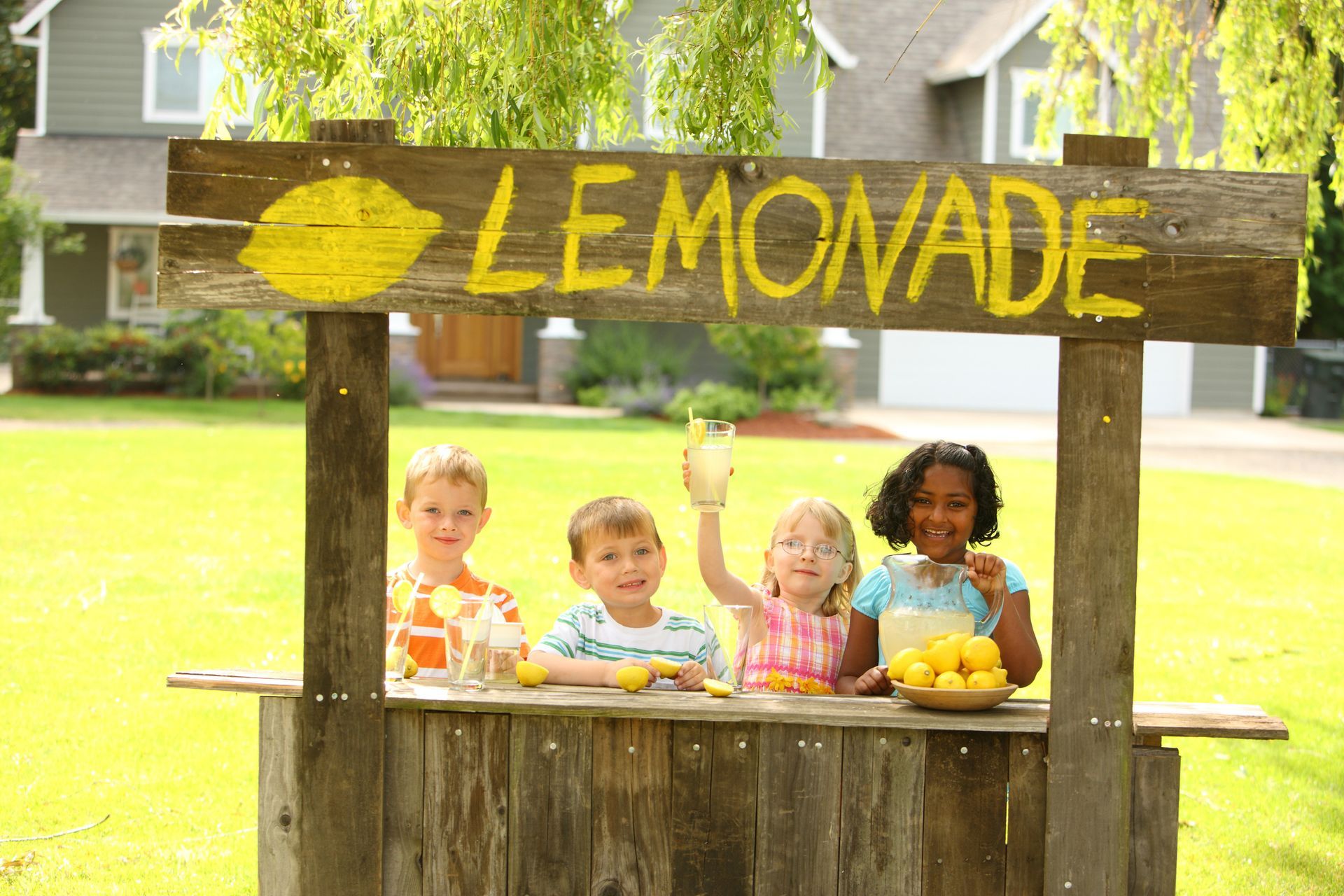
Fire Safety Info →


Fire Chief's Message
Thank you for visiting the Jollyville Fire Department website and for your interest in our organization.
The Jollyville Fire Department was founded in 1975 and has transformed from a small, volunteer department to the professional, ISO Class 2, combination paid/volunteer department it is today. Our department takes great pride in its ability to serve the citizens of Williamson County Emergency Services District #1 and its surrounding communities. Each day, community members call us to respond to a variety of emergencies including, but not limited to, medical incidents, structure fires, hazardous material incidents, vehicle accidents and many other types of service and emergency calls. Response with surrounding departments through automatic and mutual aid also plays a major role in our service to the citizens of Williamson County, Texas.
Please visit our site often for press releases, public safety information, recruitment, and upcoming events. If you have any questions or comments for our department, please feel free to contact us via email, by telephone, or just come by the station. We’re here 24/7! We value and appreciate your participation in the continual development and advancement of our department.
Be Safe.
